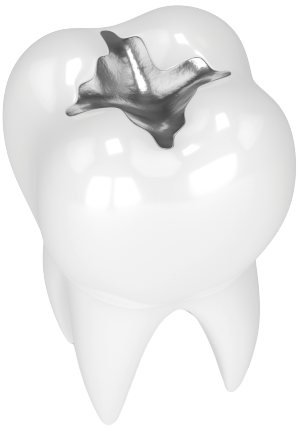What can I do about a cavity?
Dental caries, more commonly known as cavities, are the single most common dental issue in America. Most citizens have had at least 1 by the time they reach adulthood. Fortunately, they are simple enough to treat, and possibly even easier to prevent. A dental filling can treat cavities easily within an hour-long appointment. And by visiting your Northampton dentist for regular cleanings and exams every 6 months, we can help you prevent cavities altogether.
